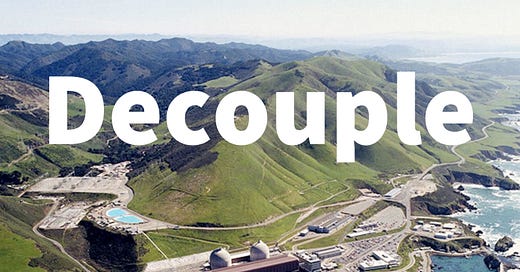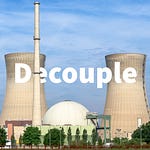Mark Z Jacobson's roadmap is cited by politicians like AOC, Bernie Sanders, and many others as an article of faith that a 100% renewables system is achievable and desirable. With great power comes great responsibility, and it is essential that those in the political class wrestling with climate change are well-informed about the consequences of their policy decisions.
Enter Michael Conley and Tim Mahoney, who in their book "Roadmap to Nowhere" work through the implications of Mark Jacobson's plan. This includes a massive parallel HVDC transmission system to connect far-flung wind and solar installations to load centres, and a "fuel-less" system that matches supply and demand with very little reserve, predicated on a weather modeling system designed by Mr. Jacobson himself. Lastly, the plan calls for a dramatic increase in hydro involving increasing current capacity by 13x, which would result in discharges that would regularly dwarf historic 100-year floods and wash away population centres on America's major river systems.
Rather than quaint scenes of small-scale, localized, democratically controlled infrastructure, the plan calls for industrialization of America's countrysides with almost 500,000 wind turbines 35 stories high and 14.5 billion square meters of utility solar panels.
When Jacobson's plan was criticized in the academic community, rather than defending his ideas in scientific journals, he responded with a 10 million SLAPP lawsuit alleging defamation. This lawsuit was subsequently thrown out, and Jacobson has been ordered to pay the defendants' costs.
It's time for policymakers to devote themselves to energy literacy, understand the studies that they reference, and make informed decisions to guide us through something as consequential as an energy transition.












Share this post